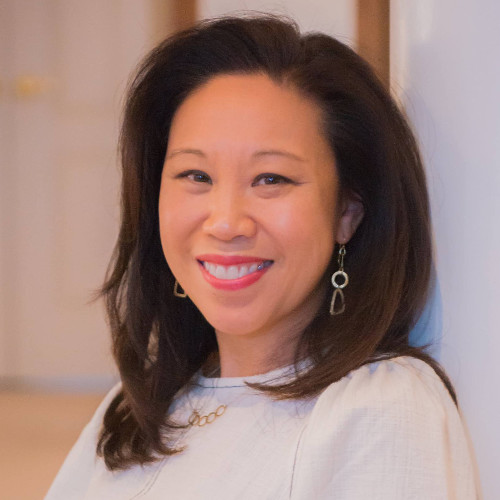In my recent post A Bulletproof System for Career Success, I introduced the concept of the Fluid Career System, a five-part system for helping you navigate the twists and turns of the new world of work to reach your potential. At the core of this system is the idea that you have to build your own career mashup.
What is a career mashup? It’s my term for the career of the future (and present), in which workers are able to merge their breadth of skills, interests, passions, and experiences into a career that fits a person’s whole self. That hybrid may be something that happens in a particular role or position in a current or future job, or it could be parallel pathing multiple jobs at once.
Today, younger, modern professionals yearn to defy labels and reject boxes. They favor a variety of experiences to help shape their day-to-day jobs into dynamic and meaningful careers…that happen to have a paycheck attached.
The career mashup is how it happens. And it’s the future of the workforce.
Let me share some examples. Most people will know Jennifer “J-Lo” Lopez as a famous pop star, which is already a mashup of being a singer, dancer and entertainer. But she’s also an actor, producer, designer and entrepreneur. And she works all of these roles simultaneously.
Yet, you don’t have to be famous or a professional to have this hybridization of career paths. You could be a marketing manager who is also a DJ on the weekends. Or a yoga instructor who freelances as a graphic designer. Or an accountant who is also a semi-pro MMA fighter and runs a roofing business on the side. Is this describing you or someone you know?
You could also have a mashup of roles within your current job; for example, you are a software engineer but you also do user experience design when needed. Or you’re a barista who also manages all of the social media accounts for your coffee shop, and now you are learning about HR practices. More and more workers are creating these multi-faceted career portfolios.
Why Pursue a Career Mashup?
There are several reasons why workers are — or should be — gravitating toward parallel pathing jobs, whether they’re conscious of it or not:
- Financial Security — If there’s anything the pandemic taught us, it’s that nothing is certain. You could be the employee of the month one day, and out of your job the next. If that’s the case, do you have another source of income to fall back on, even if temporarily? Having a way of making money outside of your main job, or having transferable skills to pivot within your company, is not only a good idea but a necessity for some.
- Building Skills — A side hustle could be a way to learn or harness skills that can help you advance in your primary job. Say you want to work on your creativity, so you pick up freelance writing projects on the side. Or you want to work on your leadership skills, so you work part-time by leading efforts at your favorite non-profit. You’re earning money and adding to your resume, all while channeling these skills back to your existing title.
- Challenging Yourself — Maybe you just don’t feel challenged enough in your current role, but you don’t want to risk losing your job security by transitioning out. So you begin to try other things outside of your role, whether through a side hustle or supporting a new team or committee within your company. You are focused on continuously learning.
- Personal Fulfillment — This is one of the fastest-growing reasons for a career mashup that I’ve seen in recent years. Traditional jobs often bucket you into strictly left-brain or strictly right-brain roles, or provide a paycheck but do not align with your personal passions. You may enjoy your left-brain tasks, and rely on that steady paycheck, but your gut tells you that you want more. So the solution is to introduce new activities to your life that can fulfill those needs — such as starting a mentorship program within your company so you feel like you are giving back, or providing pro-bono services to a non-profit that is fighting for a cause you believe in.
The Career Mashup is Your Differentiator
Though a career mashup can seem to consist of all disparate roles, it has the potential to flow together to create a well-rounded, highly-skilled individual. It’s all about fluidity.
Think about the word “mashup.” When you hear it, what’s the first thing that comes to mind? For me, it’s a DJ mix. A DJ mix a comination of different sounds and melodies that may even be totally different genres but are creatively tied together by some common thread — the beat, the key, etc. You don’t hear two or three different songs, rather one master song. A single entity made of different parts: a mashup.
Your hybrid will be incredibly valuable, unique, and differentiated. Not only will it set you apart, but it can be incredibly valuable for a company. The world is changing rapidly and not everybody knows what’s going to be needed in the future. If you have a diversity of skills and perspectives, you’re going to be able to pivot and adjust faster and be able to bring all of your knowledge to bear in a way that other people can’t.
So your career mashup is a way that helps you leverage all of you that creates more fulfillment, which then creates more traction, which then will create more impact for everyone involved.
Learn more about the career mashup in Building the Business of You.


